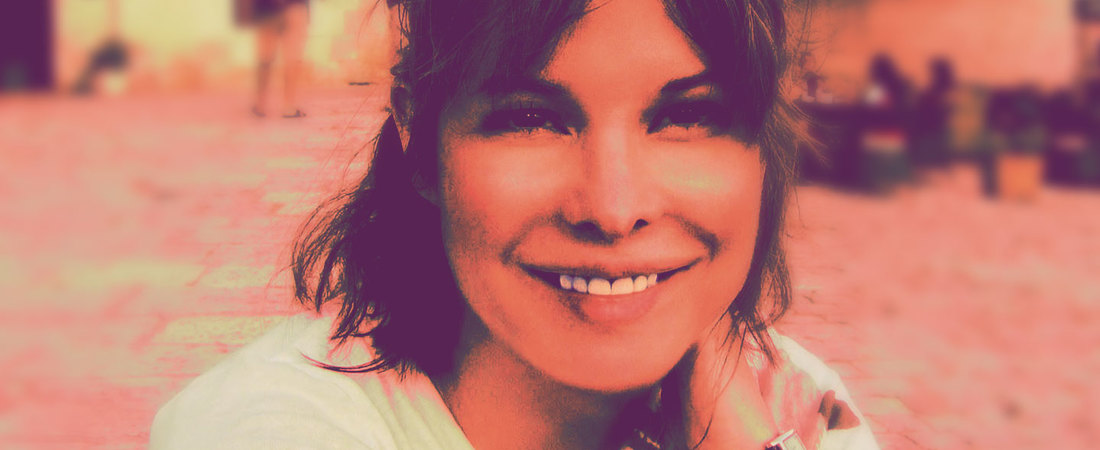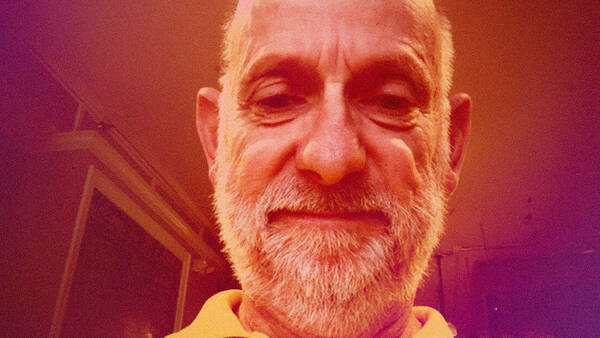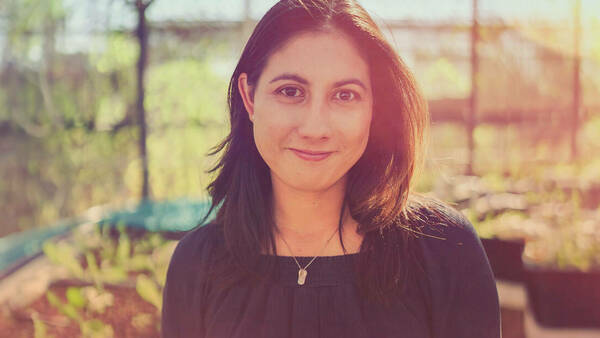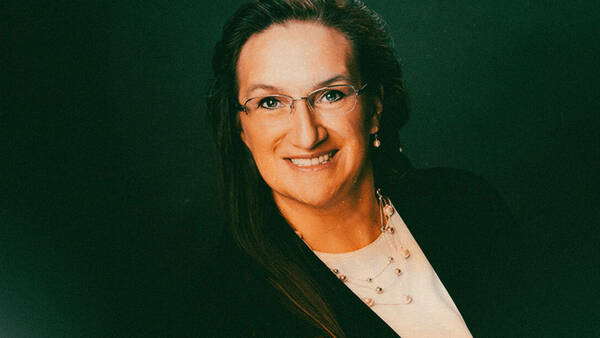When Mary Brosnahan ’83 was living in New York City’s East Village in the late 1980s, she saw homelessness up close every day as she made her way home.
“There is this tiny park, Cooper Triangle, and there were just dozens and dozens of men sleeping in the park, and washing off in the fire hydrants,” she says.
Brosnahan had recently returned to New York after working on the 1988 Dukakis presidential campaign and says, “it took me leaving New York and coming back to be smacked in the face with how out of control the homeless crisis was.”
Determined to do her part to help people like the men she saw in that park every day, Brosnahan decided to work for the Coalition for the Homeless. The Coalition is the oldest advocacy and direct services organization helping homeless men, women, and children in the United States. Founded on the principle that housing is a human right, it provides housing, food, crisis services, job training, and youth programs, along with public education campaigns and advocacy to end homelessness in New York.
Brosnahan started as the director of the New York office and then took over as executive director of the Coalition six months into her tenure. This year, after 30 years at the Coalition, she stepped down from her role as president and CEO.
While she was at the helm, Brosnahan expanded the office from 13 employees to 70, and led the fundraising campaign to purchase a building in lower Manhattan, which brought all its services under one roof. She remembers struggling to meet payroll each week at the beginning, but since then, the Coalition has grown its budget and helped more than one million New Yorkers find housing and get off the streets. It now helps more than 3,500 homeless and poor New Yorkers daily through its programs.
Brosnahan says she never envisioned spending 30 years at the Coalition when she first came on board, but it was the people she met who fueled her commitment.
“Whether it was a man who’d been living on the streets for many years because he was mentally ill, or a single mom fleeing domestic violence, at the end of the day, they need what we all need, which is a door behind them that locks. They need the sanctuary of home,” she says, choking up. “They would inspire me so much, and I let that feed my soul instead of beat me down.”
When she did get frustrated, Brosnahan says it was with the attitude that the poor and homeless are trying to work the system and get handouts.
“I could have walked out into the Coalition waiting room, and I’m sure there were two or three people trying to take advantage. But you don’t design your whole system to trip those people up,” she says. “What about the other 97 percent of people that just need a hand up?”
The Coalition’s annual State of the Homeless reported that there were an average of 63,495 adults and children sleeping in shelters in New York City each night at the end of 2017. Brosnahan and the Coalition attribute that number to New York’s lack of affordable housing and income inequality.
“The Coalition was out feeding 1,000 people on the streets every night, so we knew exactly what was going on,” Brosnahan says. “We were able to follow these things on a much more granular level. We were giving voice to the people who really had no voice.”
Brosnahan’s late husband, John Sullivan, had a similar commitment to helping the homeless, and the couple met when she served on the board of the housing organization where he worked. When she eventually decided to step back from her all-consuming work at the Coalition, she says, it was largely to spend more time with the couple’s 15-year-old son, Quinn.
During her career, Brosnahan often spent nights handing out food on the streets of New York to support the Coalition’s food program, which serves hot, nutritious meals 365 days a year. She says she saw Jesus in the people she met, including in one memorable interaction at the Port Authority bus terminal.
“A gentleman came up, pushing his bike. He was perspiring and out of breath, and was so glad he made it to get the food,” Brosnahan says. “He explained that his pedal had fallen off his bicycle and he didn’t have the five dollars that the bike shop wanted to get the bolt to reattach it. I gave him the five dollars, and he started crying. You realize what a huge difference a small amount of money makes in many people’s lives. When you hear those stories of courage, it really animates and informs your work.”
To learn more about the Coalition for the Homeless, please visit its website.



